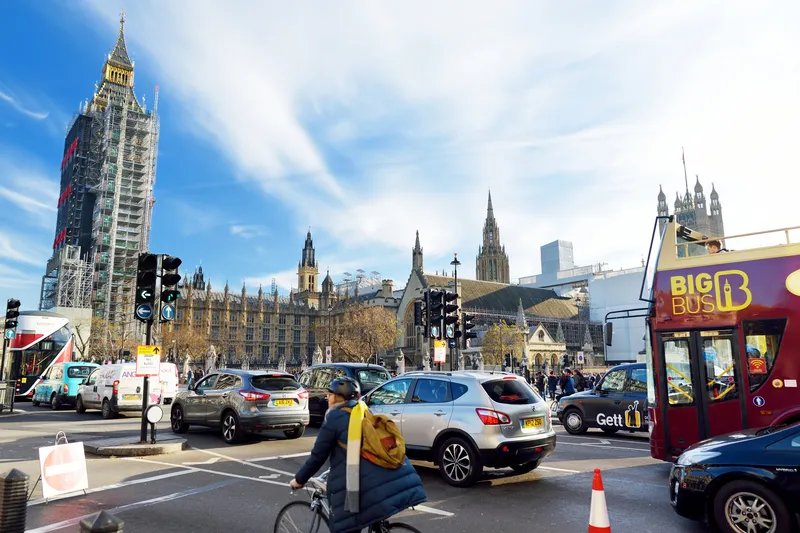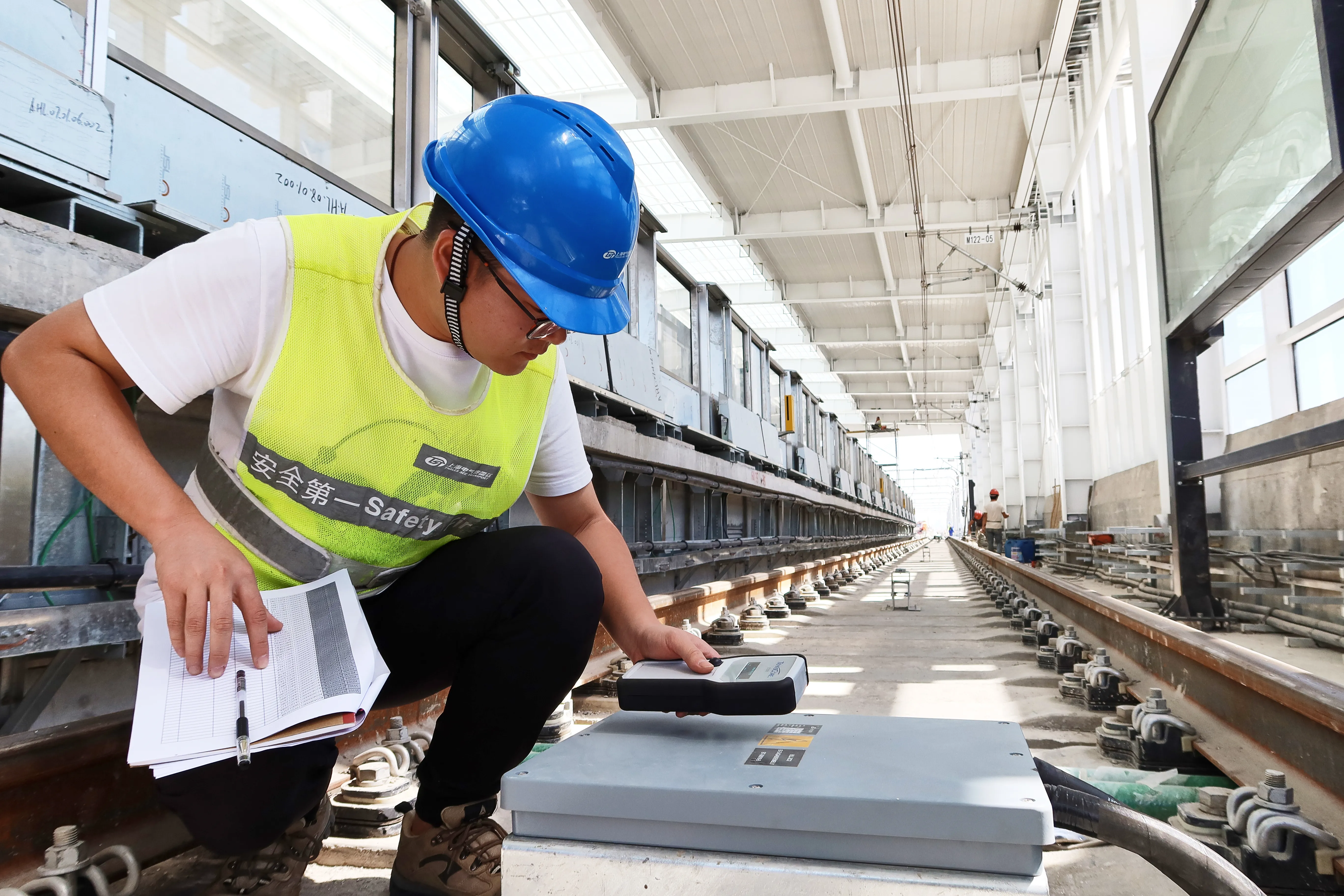
Asset management company Telent has been given a year’s extension to its traffic control maintenance contract with Transport for London (TfL)
Under the agreement, which Telent has held since 2014, the company supplies, installs and maintains more than 3,000 traffic control assets for TfL. Assets include traffic signals, variable message signs and over-height vehicle detection systems.
The renewed contract runs in the first instance to 2021, when there could be a further year’s extension, noted Adam Scriven, Telent’s account director of London Surface Communications.
Telent is working with TfL to help the city authority accommodate social distancing following the coronavirus pandemic, explained Nigel Weldon, business development director for Telent’s highways business.
“The recent pandemic has presented some extreme challenges for TfL and working together closely to thoroughly understand those challenges has enabled us to tailor the service that Telent provides to meet TfL’s needs exactly,” he said.
Over the length of the contract, one of the solutions Telent has deployed for TfL is its plug-and-play traffic signal system which drastically reduces time spent on essential traffic signal installation works.
This extension sits alongside Telent’s Transport business’s other maintenance contracts with TfL, the latest of which was awarded in January this year.
That seven-year deal combines maintenance services, system design and upgrade works to TfL’s communications systems across a vast array of environments and sites. These include all London Underground subway stations, depots and operational buildings, TfL office buildings, bus stations, river piers, cycle hire stations and the London Transport museum.










